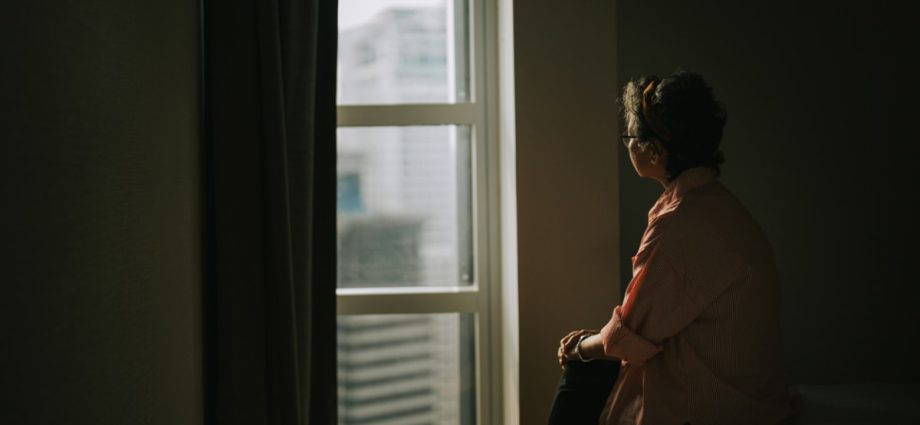
WHAT MEMBERS OF PARLIAMENT SAID
Member of Parliament (MP) Melvin Yong (PAP-Radin Mas) on Tuesday asked for the rationale behind the 20-fold increase in the maximum fine for unauthorised operation of a home, and whether such a hefty sum was “reasonable with respect to the level of harm done”.
He also asked for data on social residential home staff members who have been investigated and taken to task for the use of excessive force over the past 10 years.
In response, Mr Chua said the penalties under the Bill were commensurate with comparable offences under other legislation.
One example is the Healthcare Services Act, which licenses the provision of nursing home services.
“Residents in nursing homes are vulnerable and reliant on the home for 24/7 care … The safety and well-being of our (social residential) homes’ residents are no less important,” he said.
He said that to provide the various parties, such as board members, with greater clarity of their duties, MSF will set out the roles and responsibilities in the subsidiary legislation and codes of practice, and “will not be punitive from the outset”.
On the use of force, Mr Chua said that over the 2020 to 2024 period, MSF received an average of six reports per year on resident abuse, including that of excessive use of force.
“Several were not substantiated, and where substantiated, staff were taken to task,” he said. “MSF adopts a zero tolerance approach towards the use of excessive force on our residents, and will thoroughly investigate these allegations.”
MP Dennis Tan (WP-Hougang) asked about staff-resident ratios, and how the government was going to provide more manpower support “critical to the requirements and improvements expected under this Bill”.
Mr Chua said MSF was working with social services agencies to develop “stronger organisational capabilities and a supportive workplace environment to attract and retain talent in the sector”.
He added that the ministry has also embarked on a job redesign pilot with selected homes.
“Through this pilot, we hope to enhance the value proposition of a career in the sector, specifically by improving the working conditions and supporting the career development of care staff.”
He added that MSF would continue to work with the Ministry of Manpower to ensure that homes have sufficient work pass quota and flexibility to recruit foreign care staff, while also ensuring opportunities for local staff.
MP Yip Hon Weng (PAP-Yio Chu Kang) asked if there were enough social residential homes to meet the growing demand in the next decade.
With capacity limits on the number of residents in the homes, Mr Yip asked how the ministry planned to ensure people were not turned away because there “simply aren’t enough beds”.
In his closing speech, Mr Chua said the ministry would ensure sufficient capacity to meet projected demand over the long term.
“We expect a slight increase in demand over the next decade,” he said, adding that MSF and the Ministry of Health are increasing support for persons with disabilities and seniors to age in place, and for those in homes to be reintegrated “more quickly” back into the community.
Mr Chua said the key objective of setting capacity limits was to ensure that quality care can be provided to residents.
“These limits are determined based on practical considerations, which include physical space requirements, infrastructure capabilities and staffing ratios,” he said, adding that MSF would continue to monitor demand and supply trends to ensure sufficient capacity.
Beyond the Bill, MSF and NCSS will continue to work closely with the sector to develop a strong and resilient social service workforce, said Mr Chua.
“To all the dedicated staff, we want to express our deepest gratitude because we know your work is not easy,” he said.
“The residents rely on you and your care, and I want to assure you that your contributions are appreciated every single day, and even though the residents may not say it.”

